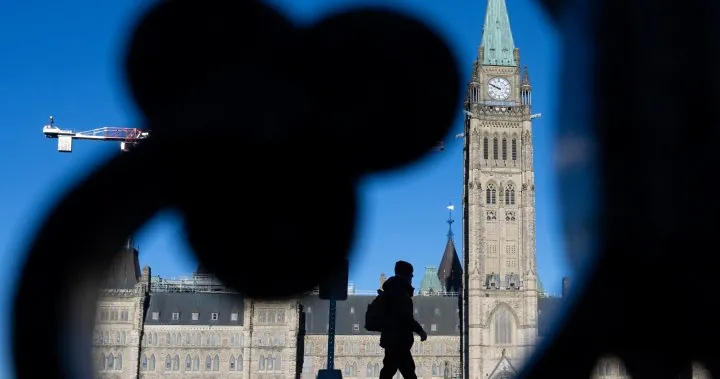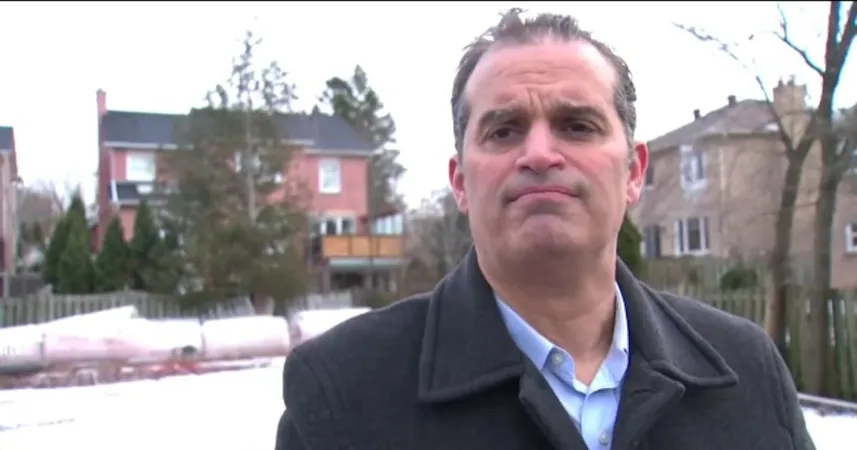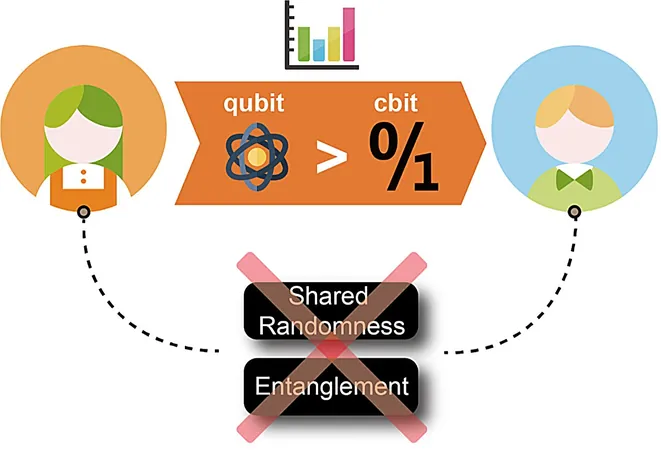
Tensions Rise as Non-Confidence Motion Looms in Canada’s House of Commons
2024-12-02
Author: Liam
Tensions Rise as Non-Confidence Motion Looms in Canada’s House of Commons
In a dramatic turn of events in the House of Commons, Speaker Greg Fergus has intervened to resolve a parliamentary stalemate, allowing opposition business to proceed later this week. The intervention comes after a chaotic session where the Conservative Party attempted to hinder its own motion for a non-confidence vote against the minority Liberal government.
Scheduled opposition days on Thursday and Friday could pave the way for a significant non-confidence vote, potentially occurring as soon as next Monday. This is particularly pressing as the opposition seeks to capitalize on recent criticisms directed at the Liberals by NDP Leader Jagmeet Singh, indicating a possible coalition among opposition parties to challenge the government.
The situation escalated Monday when Liberal House leader Karina Gould attempted to end an ongoing filibuster, which has severely limited parliamentary proceedings for nearly two months. The Conservatives, however, rejected Gould’s proposal to bring the motion to a vote today, insisting they would only halt their filibuster if their demands for essential documents from the Liberals were met, or if the NDP agreed to support the non-confidence motion.
At the heart of this impasse is a contentious privilege debate linked to a Conservative request for unredacted documents regarding alleged misspending in a now-defunct green technology fund. The Conservative party remains adamant about their stance, emphasizing accountability and transparency concerning government expenditures.
Meanwhile, the clock is ticking. Opposition parties must present their motions within the designated four-day window before a critical vote set for December 10, which coincides with a deadline to approve billions in government spending. Failing to do so could jeopardize the funding of various government departments, adding another layer of urgency to the ongoing debates.
In September, two previous non-confidence motions spearheaded by the Conservatives were defeated, with Bloc Québécois and NDP members voting against them. The Bloc has since indicated a willingness to collaborate with other opposition factions to topple the government, especially after the Liberals declined to pass a significant Bloc proposal aimed at increasing old age security payments for seniors under 75.
However, Bloc Leader Yves-François Blanchet has stressed that his party will only support non-confidence motions that align with Quebec's interests. Similarly, Jagmeet Singh’s NDP has adopted a cautious approach, stating that they will evaluate each non-confidence vote individually, expressing readiness for an election only if absolutely necessary.
As the political landscape in Canada grows increasingly fraught, the forthcoming parliamentary sessions promise to be pivotal in determining the fate of the current government and the prospects for a possible election. Will the opposition unite to reclaim power, or will the Liberals successfully navigate through this turbulent period? Only time will reveal the outcome of this high-stakes political drama.









 Brasil (PT)
Brasil (PT)
 Canada (EN)
Canada (EN)
 Chile (ES)
Chile (ES)
 España (ES)
España (ES)
 France (FR)
France (FR)
 Hong Kong (EN)
Hong Kong (EN)
 Italia (IT)
Italia (IT)
 日本 (JA)
日本 (JA)
 Magyarország (HU)
Magyarország (HU)
 Norge (NO)
Norge (NO)
 Polska (PL)
Polska (PL)
 Schweiz (DE)
Schweiz (DE)
 Singapore (EN)
Singapore (EN)
 Sverige (SV)
Sverige (SV)
 Suomi (FI)
Suomi (FI)
 Türkiye (TR)
Türkiye (TR)